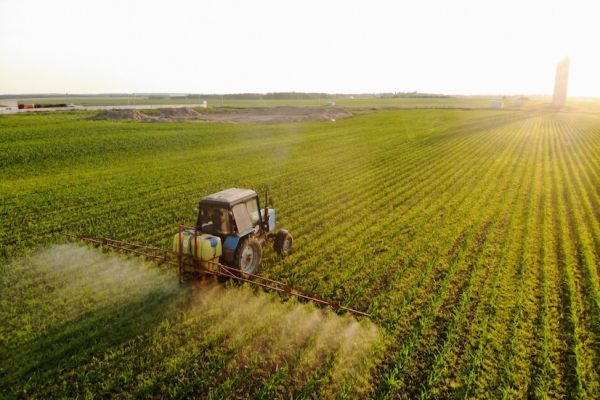India's No.1 Online AGRI SHOP!
Menu


- Home
- Search by Technical Name
- Organic farming
- Growth promoters
- Remedies
- Seeds
-
Equipments
- Hand operated tools (54)
- Spray pump (87)
- Tarpaulin (17)
- Mulching (12)
- Brush cutter (19)
- Weeders (9)
- Water pump (6)
- Pond liner (4)
- Vermi compost bed (4)
- Biofloc fish tank (1)
- Head torch (3)
- Azolla growing bed (5)
- Weed control mat (3)
- Solar products (10)
- Fogging machine (10)
- Chain saw (9)
- Crop protection cover (2)
- Hedge trimmer (5)
- Earth auger (6)
- Other hardware (30)
- Traps (128)
- Fertilizers
- Irrigation
-
Gardening
- Tools (100)
- Spray pumps (14)
- Lawn mowers (7)
- Pebbles (1)
- Accesssories (15)
- Seeds (27)
- Fertilizer (12)
- Pesticides (1)
- Garden shade net (11)
- Coco peat (7)
- Waste compost management (0)
- Gardening kit (9)
- Grow bag (15)
- De oiled cake (5)
- Flower seeds (7)
- Fertilizer blend (4)
- Transplanting/ repotting mat (1)
- Bulk
- Farm products
- Cattle & bird care
- Advisory
- New Arrivals
- Agri Sale
- Today's Offers
- Contact us
- Agri Talk
- Find Commodity Prices
- Agri E-Magazines
- Brands
- Offers
- Soil Testing
Sell with Us
Already a Seller. Log In
Why Sell on Agri Begri?
Lakhs of Customers
Easy and Fast Shipping
No fixed costs. Pay when you sell
Secure and timely payments
24/7 services to help you through every step of selling online
Investor
Dear Investor.
Have a bright future ahead!!!
Thanks for visiting India's fast growing e-commerce website/application.
If you are interested to be a part of Agribegri Tradelink Private Limited then fill up following detail.
Our top management and commerce department will contact you.
Thanks again.
Team Agribegri.
Have a bright future ahead!!!
Thanks for visiting India's fast growing e-commerce website/application.
If you are interested to be a part of Agribegri Tradelink Private Limited then fill up following detail.
Our top management and commerce department will contact you.
Thanks again.
Team Agribegri.








Add a comment